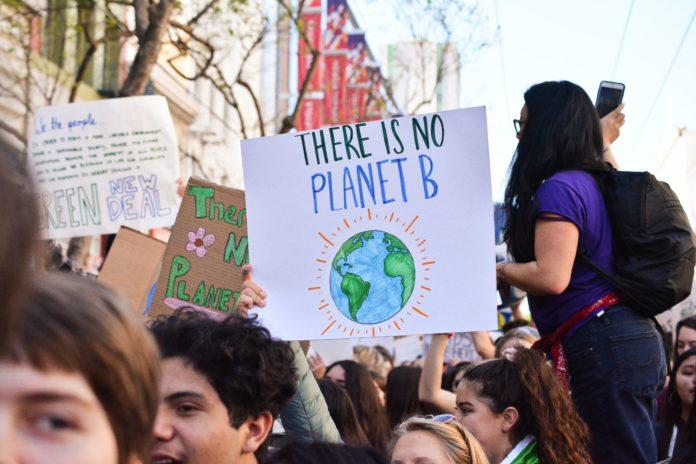As Mandela Day calls for global action by individuals to take charge themselves and change the world around them, one cannot help but reflect on the scale of challenges around us. A lot has changed since Mandela was alive and leading, much not for the better. The contrast between a statesman of his caliber and some of the leaders around the world today leads us to focus on self-interest, corruption, ineffectiveness and criminality. Yet if we look beyond these immediate failings, and look at the world, Mandela Day highlights the inability of leaders around the world to lead meaningful change world in relation to the climate.
Climate change is clearly one of the greatest challenges we face. Only in the last two weeks have we experienced the hottest average global temperatures ever – on three consecutive days! The changes to climate and the planet seem to be occurring at a much faster rate than predicted. And this week geologists have claimed that we are now part of a new geological epoch – the Anthropocene – characterised by the human impact on the earth’s geology and ecosystems and climate. Yet leaders seem remarkably inactive.
We hear frequent calls for our leaders to be responsible, ethical, values-based and other such descriptions. Responsible leadership can be said to have four characteristics – accountability, integrity, citizenship, and stewardship. These are perhaps useful for the climate challenge. Regarding climate change, Mandela Day might lead us to ask our leaders to be accountable for climate change and demonstrate stewardship for future populations.
There is little evidence of stewardship or accountability, let alone integrity and citizenship. Stewardship seems to be replaced by a short-term outlook in relation to the climate and something of a focus on the interests of older generations. Meanwhile, there is little sign of accountability among older generations who had a significant role in creating climate change. The intergenerational gaps in wealth and security that we see around the world are mirrored by intergenerational gaps in concern for and the impact of climate change – young people will bear the brunt of its effects. Concern for the climate is unsurprisingly much higher among younger generations.
The history of climate activism is actually based in youth movements. The very first Earth Day in 1970 was driven by campaigns by young people. This is perhaps unsurprisingly as they have fewer vested interests and more skin in the game when it comes to a warming planet. Furthermore, today’s young children, who will live in tomorrow’s even warmer planet, are also more vulnerable to high temperatures today – small children find it hard to regulate their temperature.
In Africa, we face many other challenges, and we know it is too simple to separate social inequalities from climate challenges. This has long been a message from the Global South. Indeed at the very first UN Climate conference in 1972 the then Indian prime minister, Indira Gandhi, pointed out the need to address poverty and need in order to effectively combat global warming. Just as then it is not and/or question it is a and/both question – poverty and global warming need to be tackled and are both impacting on young people. The consequences of a combination of the two are even more deadly now and more so in the future.
A report just this past week suggested 2 billion people we will be living in extreme heat by 2070 with average temperatures in excess of 30c. While many leaders who could act today will not be around then, today’s young people may be dying in the heat or trying to escape uninhabitable regions. So perhaps on this Mandela Day it is important to recognise our individual power for change and change the world around us for both old and young generations.
If Mandela Day calls for everyone to act. That could be seeking to influence out peers and those around us. Managers and leaders at every level can make deliberate decisions to favour climate-friendly actions and choices. And for a country like South Africa, there is an opportunity for activities to combat climate change that could be positive for employment, skills development and for reducing some of those inequalities. Most of the research points to the greater costs of climate adjustment in the future through the postponement of responses, investments and activities today. If there is one thing, the climate crisis seems to be aligned with the spirit of Mandela Day for us to recognise our individual powers and make a change around us, today.












